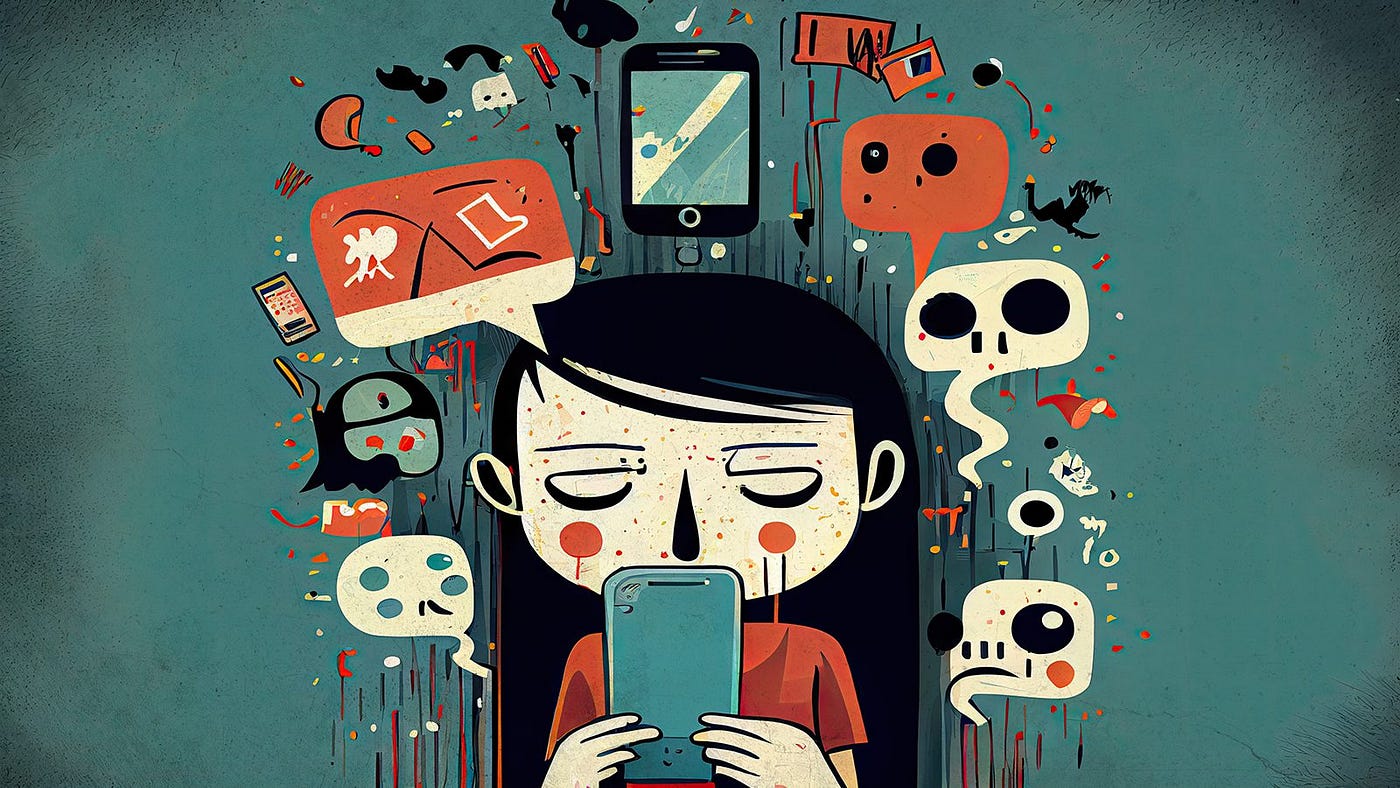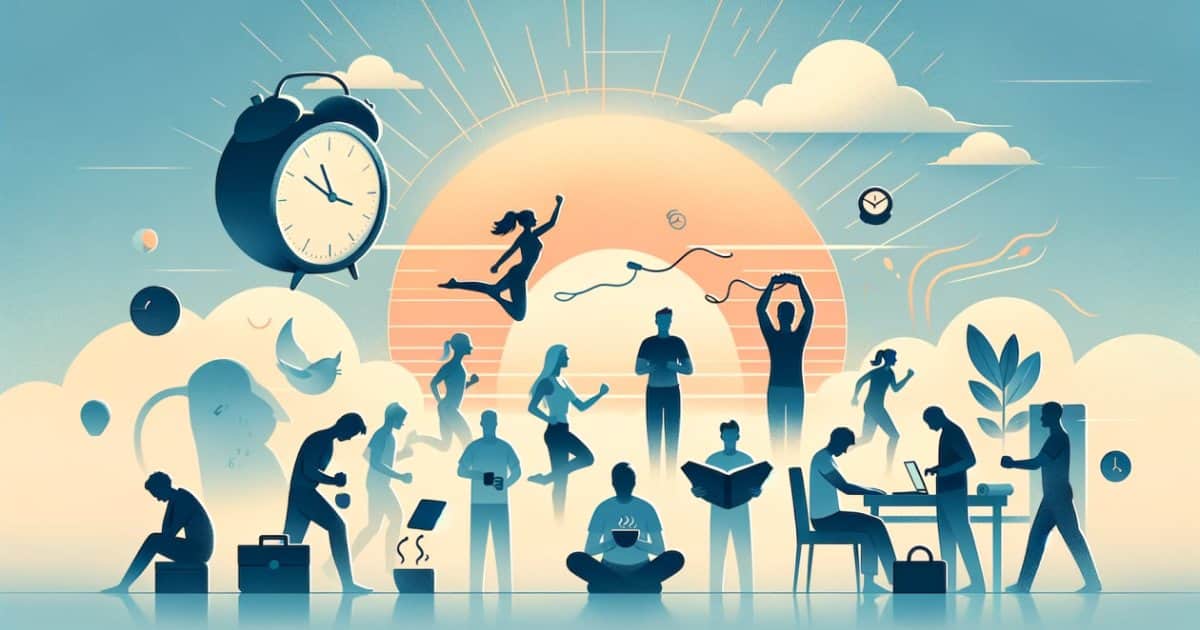In a world where we’re constantly tethered to our devices, the concept of a digital detox may sound like a distant dream. As technology continues to advance, our screen time seems to spiral out of control. We scroll through social media feeds, binge-watch shows, and juggle work emails from dawn till dusk. But what is this doing to our brain?
With 2025 on the horizon, it’s becoming increasingly clear that we need to hit pause on the endless stream of notifications and updates. Our mental health deserves better than being dictated by screens. A digital detox isn’t just trendy; it’s essential for reclaiming focus and clarity in an overwhelmingly connected world.
Let’s explore why stepping away from those glowing screens could be one of the best things you do for your mind this year!
The Rise of Technology and Its Impact on Our Lives
Technology has woven itself into the very fabric of our daily lives. From smartphones to smart homes, we rely on gadgets for everything—communication, entertainment, and even basic tasks.
This surge in technology brings undeniable convenience. We can connect with anyone across the globe at the touch of a button. Information is accessible 24/7, revolutionizing how we learn and work.
However, this constant connectivity comes with a price. The influx of screen time often leads to mental fatigue and distraction. Our attention spans dwindle as notifications demand our focus throughout the day.
As devices evolve, so do our habits. Many find themselves checking their phones while eating or scrolling social media before bed. This digital immersion leaves little room for real-life interactions or downtime.
It’s crucial to recognize how deeply technology affects us—not just physically but mentally too. Understanding this impact sets the stage for necessary change in how we approach our relationship with screens.
What is a Digital Detox?
A digital detox is a conscious break from screens and technology. It involves stepping away from smartphones, computers, and other devices to reconnect with life offline.
The goal is simple: reduce screen time for better mental health. This break allows individuals to recharge their minds and bodies, fostering mindfulness in daily activities.
During a digital detox, people often engage in activities like reading, hiking, or spending quality time with loved ones. These experiences can lead to greater satisfaction and emotional well-being.
In today’s fast-paced world filled with endless notifications and updates, the need for a reset has never been more crucial. A digital detox isn’t just about abstaining; it’s an opportunity to rediscover what it means to live fully in the moment without distractions.
Benefits of Taking a Digital Detox
Taking a digital detox can profoundly transform your daily life. One major benefit is improved mental clarity. Stepping away from screens allows your brain to reset and refocus.
Without constant notifications, you’ll experience reduced anxiety levels. The absence of digital distractions helps cultivate a sense of calm and presence in the moment.
Creativity often flourishes during these breaks from technology. With fewer interruptions, your mind can wander freely and generate fresh ideas.
Additionally, reconnecting with nature becomes easier when you’re not glued to a device. Exploring the outdoors enhances your mood and promotes physical well-being—all crucial for holistic health.
Relationships also improve during a digital detox. Spending quality time face-to-face strengthens bonds that may weaken under the weight of social media interactions.
Reclaiming offline time enriches both personal growth and interpersonal connections in ways screen time never could.
The Negative Effects of Constant Screen Time
Constant screen time can wreak havoc on our mental health. The blue light emitted from devices disrupts sleep patterns, making it harder to fall asleep and wake up refreshed. This leads to feelings of fatigue and irritability throughout the day.
Additionally, excessive screen exposure contributes to anxiety and depression. Scrolling through social media often fosters comparisons with others, leading to negative self-perception. We become trapped in a cycle of validation that rarely satisfies.
Physical health suffers too. Staring at screens for extended periods promotes poor posture and eye strain, resulting in headaches or discomfort. The sedentary lifestyle that comes with endless digital engagement increases risks of obesity and related conditions.
Moreover, constant notifications create an overstimulated mind that struggles to focus on tasks at hand. Multitasking becomes chaotic rather than productive, leaving us feeling overwhelmed instead of accomplished.
Tips for Incorporating More Offline Time Into Your Life
Start small. Designate specific hours each day as screen-free time. Perhaps during meals or an hour before bed. This simple change can make a significant difference.
Explore nature regularly. Go for walks, hikes, or simply sit in the park to soak up the scenery. Nature has a way of grounding us and reducing stress.
Engage in hobbies that don’t involve screens. Whether it’s painting, knitting, or gardening, find activities that ignite your creativity without digital distractions.
Set boundaries with technology on weekends. Use this time for family games or outings instead of scrolling through social media feeds.
Consider joining clubs centered around offline interactions—like book clubs or sports teams—to foster connections with others while stepping away from devices.
Start journaling daily about your experiences and feelings when you unplug. It can provide insights into how screen time affects your mental health and help reinforce the benefits of being offline.
How to Plan a Successful Digital Detox in 2025
Begin by choosing a specific duration for your digital detox. Whether it’s a weekend or an entire week, having clear goals helps set the stage for success.
Next, communicate your plans with friends and family. Let them know you’ll be offline, so they can support your journey and respect your space.
Create an engaging schedule filled with offline activities. Think about hobbies you’ve neglected or new skills you’d like to explore—reading, hiking, or painting could all be great options.
Set boundaries before starting. Consider removing non-essential apps from your devices in advance. This simple step minimizes temptation significantly.
Prepare for challenges that may arise during this period. Keep a journal to document feelings and experiences as they come up; reflection often deepens the benefits of disconnecting from screen time.
Why It’s Important to Disconnect and Reconnect with the Real World
Taking time away from screens is essential for our mental health. The constant barrage of notifications and information can overwhelm us, leading to feelings of anxiety and stress. By disconnecting, we give our brains a chance to reset.
Reconnecting with the real world allows us to engage with life in more meaningful ways. We can appreciate nature, build stronger relationships, and explore our creativity without distractions. These experiences ground us in the present moment.
Finding balance is key in this digital age. It’s about creating boundaries that prioritize well-being over constant connectivity. As we move through 2025 and beyond, embracing offline moments will not only enhance our mental clarity but also enrich our overall quality of life.
So take a step back from your screen time today—breathe deeply, look around you, and soak up the beauty of reality waiting just outside your door.




